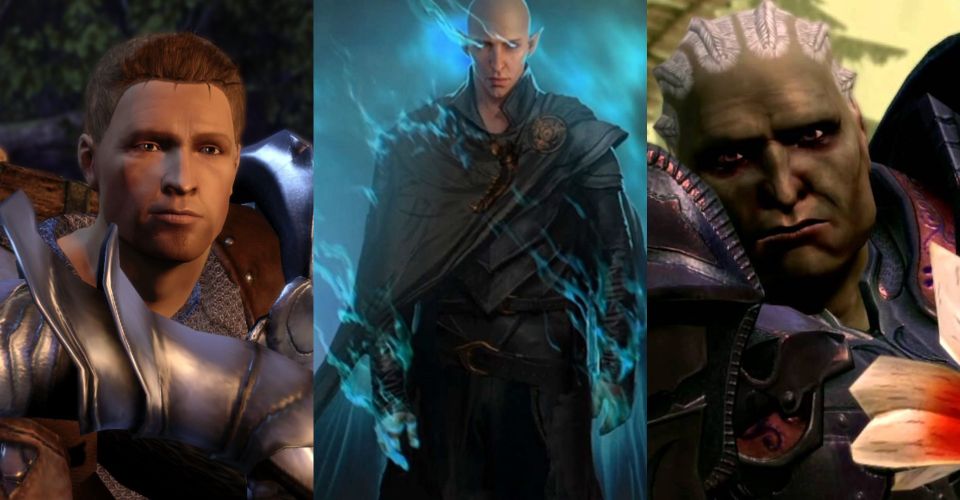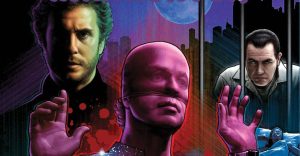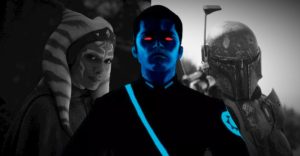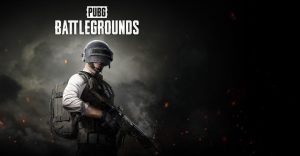Dragon Age: 10 Main Character Names Explained

Being a take on traditional fantasy archetypes, the Dragon Age series has been built on many preexisting myths and folklore from various cultures. This has affected nearly everything about the game, from the designs of various nations to the dialects and languages of some peoples, and, in particular, the names of some main characters.
These characters have names that reflect who they are in a very subtle way, either based on in-game lore or external sources from real life. Here are some explanations for the names of various main characters in the series as a whole.
10 Morrigan

The mysterious Witch of the Wilds is an incredibly adept mage, with access to some of the best abilities in Thedas. This ties in beautifully with the inspiration for her name: “the Morrigan,” a powerful figure in Irish folklore who appears to warn others of war and doom.
The Morrigan is somewhat of a harbinger of fate, a role that Dragon Age’s Morrigan comes to fulfill as the series progresses. On top of this, they both share the ability to transform into a crow, flying into the fray to deliver foreboding messages.
9 Solas

Taking inspiration from J.R.R. Tolkien’s affinity for language, the developers of Dragon Age crafted their very own elven language, aptly titled Elvhen. Players have multiple opportunities to learn various phrases and individual words within the language, including the word “solas,” which means “pride.”
Curiously, this is also the name of one of the most instrumental characters in the series: Solas. Without spoiling anything major, Solas ends up playing a larger role than he initially seems to, and a lot of it has to do with his pride. Bioware really foreshadowed his character arc in a masterfully subtle way in this regard.
8 Fenris

This moody elf has actually had two names in his lifetime: the name he was born with, “Leto,” and the name he was given as a slave, “Fenris.” Both names hold meaning outside of the in-game universe, taken from both Greek and Norse mythology.
“Leto” was the mother of the goddesses Artemis and Apollo, and “Fenrir” was a monstrous wolf, born of Loki, who was prophesied to play a large role in the world-ending event Ragnarok. These names are somewhat fitting, being that Fenris’ character arc revolves around him becoming an arbiter of his own fate, yet whether or not he ends up fathering literal gods and then devouring the world remains to be seen.
7 Anders

Canonically, Anders got his name after being sent to the Circle of Magi and refusing to speak for quite some time. Since residents knew his father was from the nation of the Anderfels, they started calling him “the Ander,” which eventually grew into just “Anders.”
However, Anders is a fairly common name used in real life, particularly in Europe. It is the Scandinavian iteration of the Greek name “Andreas,” commonly known as “Andrew.” For such a complicated etymology, ultimately, the name simply means “manly.”
6 Aveline

While this name does have real roots, it is no longer used commonly, so in this character’s case, it has more to do with in-game lore. In the first Dragon Age, Leliana tells the story of Aveline the Knight, an Orlesian folk hero whose tale of bravery inspired many women to become knights and chevaliers (not unlike the origin story of Brienne of Tarth).
Fast forward to Dragon Age 2, and players will meet the tough, valiant warrior Aveline Vallen, who was named after this folk hero and raised to live up to her name. Aveline holds many of her namesake’s qualities, although her stubbornness makes it difficult for her to do things like dating (as seen above).
5 Sten

The Qunari are one of the most intriguing forces in the game, with a highly structured system and code of ethics that they abide by. One aspect of this system is referring to people based on their role within the system – that is to say, a person is known by their rank, and personal names don’t really hold the same weight as they do in other cultures.
Sten is such an example. He is a potential companion in Origins and can later explain that a Sten is simply a term for a vanguard within the Antaam ranking system. Curiously, in the real world, a STEN is a type of machine gun; perhaps this was intended to symbolize his role within Qunari society.
4 The Iron Bull

Similarly, the Iron Bull is technically supposed to be called “Hissrad,” as he fulfills the role of a spy within Qunari society. However, as he technically operates outside of Qunari territory, he’s been able to abide by his own rules when applicable, resulting in the crafting of his own mercenary image as an “Iron Bull.”
Another companion, Cole, can ask Bull why he chose this name, and Bull simply replies that it sounds cool. Cole then argues that if he loves dragons so much, why didn’t he just call himself “The Iron Dragon?” Interactions like these prove why these are two of the best companions in Inquisition.
3 Cole

Earning the moniker of “Ghost of the Spire,” Cole isn’t actually a “real” person. He is something between a reincarnation of a person and the embodiment of the spirit Compassion, with the spirit having joined a boy named Cole as he was dying.
In this sense, his name is fitting. It is incredibly “normal” in a setting as grandiose as Thedas’, displaying how he is a character in-between worlds. He is both typical and atypical, fighting to discover his true nature within the grand scheme of things. If players spend a lot of time with him, they may discover that his biggest fear is, in fact, losing himself.
2 Alistair

Writer David Gaider has a history of naming his characters after people or characters he’s seen on TV, and the beloved Alistair Theirin is such an example. Alistair was named after the British actor Alistair Appleton.
Gaider has written some of the most in-depth, human characters in the series, and one of the reasons Alistair is so beloved is because he was written like a real person. Therefore, it’s not out of the question to assume Gaider had a personal attachment to Appleton’s work, as well as a fondness for his Alistair, and wanted to join the two in a way that felt meaningful.
1 Dorian

Being another Gaider character, Dorian was also named after a pre-existing person, although this person was fictional: he was Prince Dorian of Calydon, a supporting character in the 1960s cartoon series The Mighty Hercules.
Since this series is quite old, there isn’t much information out there about Dorian’s namesake, although various clips on YouTube show him to be somewhat vain, very loyal, and conventionally handsome. All of these traits also apply to Dorian Pavus, which is why he is such a popular romance option!
About The Author


















